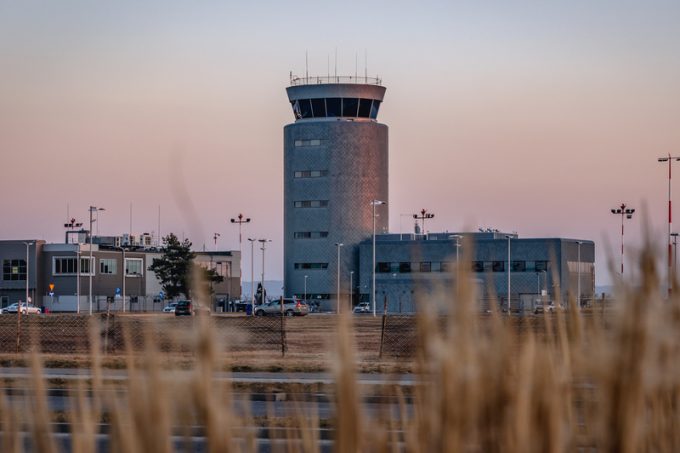Railfreight boxes in Russian Customs logjam being returned to China
Rail containers from China en route to Europe but held up in Russia, some for ...

Poland’s Rzeszów–Jasionka Airport (RZE)’s hopes of converting its temporary cargo success to long-term opportunity hinge on continuing US support for Ukraine.
The airport has turned itself into a gateway for supplies of western military aid for Ukraine, following the Russian invasion in February 2022, with its busiest day coming that summer when it handled more than 1,200 tonnes of freight.
Since then, according to Rotate’s Live Capacity Database, RZE has seen fortnightly spikes, with daily averages ...
'Disastrous' DSV-Schenker merger would 'disrupt European haulage market'
'Chaos after chaos' coming from de minimis changes and more tariffs
List of blanked transpac sailings grows as trade war heats up and demand cools
Shippers in Asia restart ocean shipment bookings – but not from China
India withdraws access for Bangladesh transhipments, in 'very harmful' decision
'Tariff hell' leaves industries in limbo – 'not a great environment to plan'
Asian exporters scramble for ships and boxes to beat 90-day tariff pause
Temporary tariff relief brings on early transpacific peak season
Pre-tariff rush of goods from US to China sees air rates soar, but not for long
De minimis-induced ecommerce demand slump could cripple freighter operators
Forwarders 'allowing the fox into the chicken run' by supporting 'hungry' carriers
Volumes set to 'fall off a cliff' as US firms hit the brakes on sourcing and bookings
Hapag 'took the bigger risk' when it signed up to Gemini, says Maersk
'Restoring America's maritime dominance' – stop laughing at the back of the class
Navigating tariffs: 'like trying to solve a Rubik's cube while colour-blind'


Comment on this article